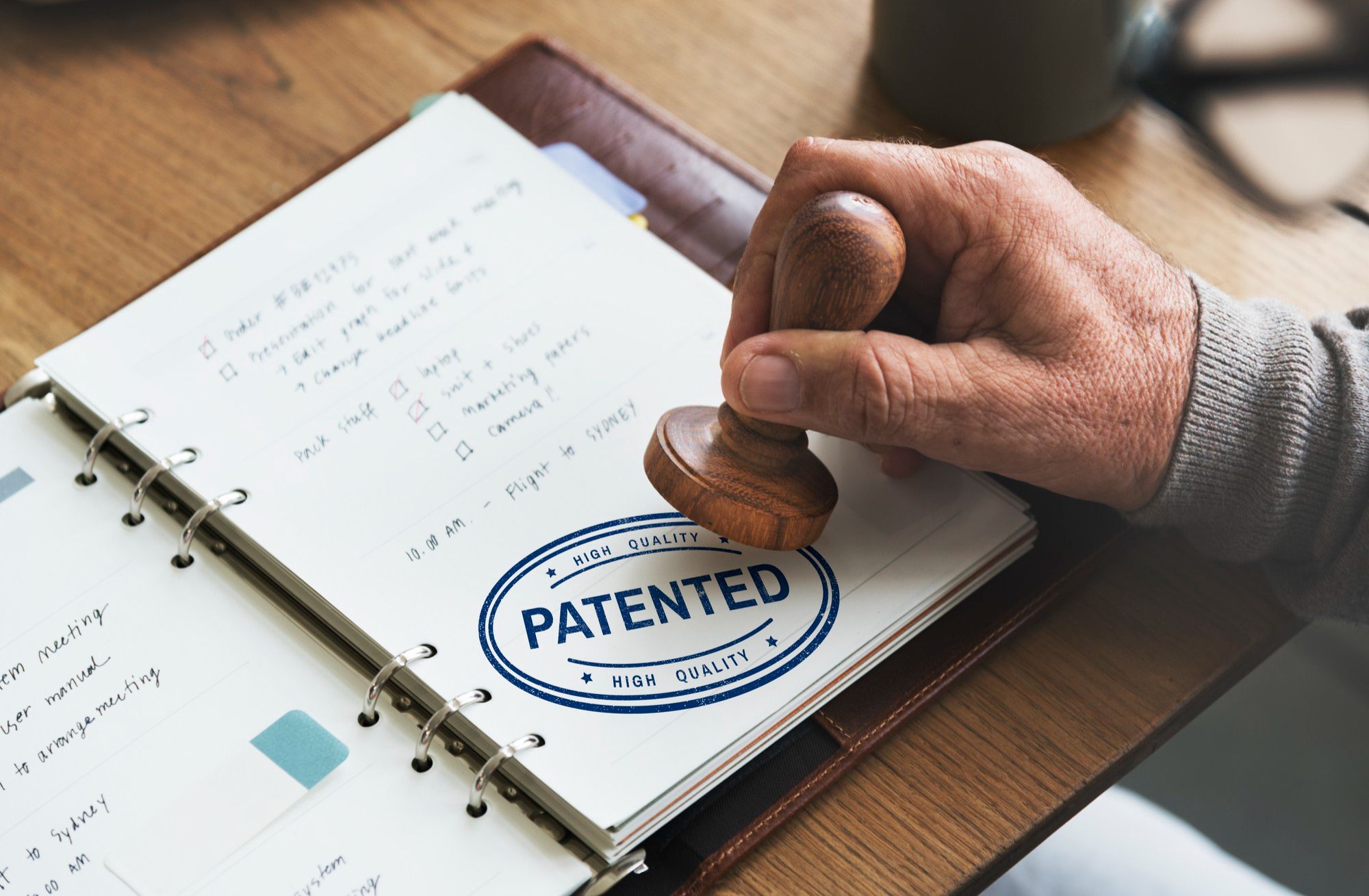Changes in the contract registration process at the INPI
On July 11, 2023, Ordinances No. 26 and 27/2023 were published, which provide for important formal and technical changes in the process of annotation and registration of contracts at the National Institute of Industrial Property (INPI).
The main changes in the formal aspect were the following:
- Admission of digital signatures without ICP-Brasil certificate;
- Removal of the need for notarization and apostille/legalization on documents digitally signed abroad (however, the consular apostille/legalization requirement remains in the case of physical documents signed abroad);
- Waiver of initials on all pages of contracts and annexes, petitions, and electronic forms;
- Elimination of the obligation of signature of 2 (two) witnesses for contracts signed in Brazil;
- It will no longer be required to present the Registration Form nor by-laws, articles of association, or articles of incorporation of a legal entity.
Regarding the technical aspects, the following changes stand out:
- Admission of licensing of non-patented technology (“know-how”), which will be registered in the Technology Supply category – FT.
- Determine that the declared value of contracts involving only trademark applications will be included in their respective certificates (acceptance of payment of royalties in license agreements for trademark applications).
It is important to highlight that these new Ordinances are already in force and formalize changes that had been previously published, on December 30, 2022, through SEI INPI No. 0747049, the result of discussions and recommendations suggested by the Licensing Executive Society (LES) Brazil, of which the partner Paula Mena Barreto is president, together with the International Chamber of Commerce (ICC-Brazil).
Such amendments intend to simplify the contracts registration process, align the INPI rules with the needs of the technology sector and grant greater autonomy to private entities in their negotiations. Therefore, such changes contribute to the increase in investments and the development of technology in Brazil.
If you have any queries regarding the above, please do not hesitate to contact us.
Partner


Comentários